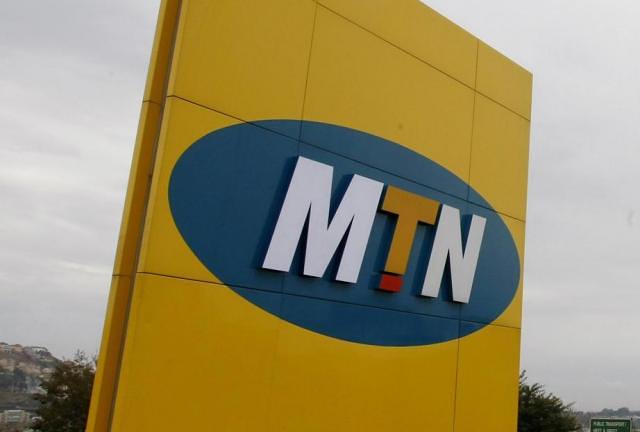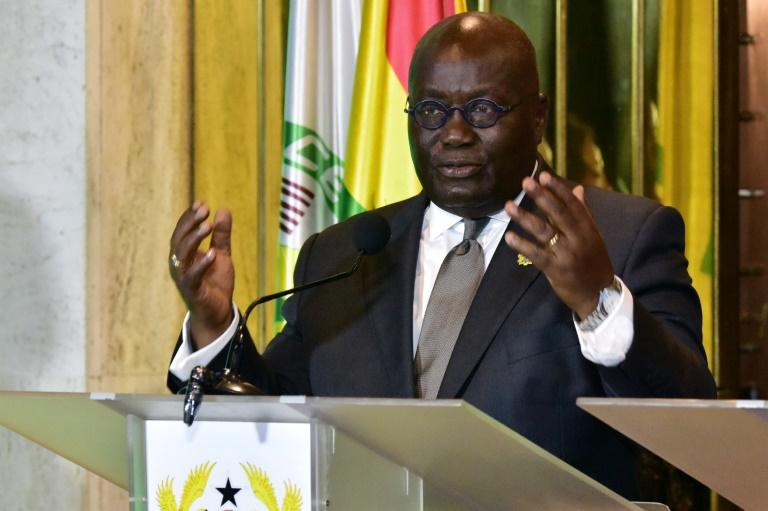As the recent payment crisis that rocked the Online Integrated Services (OIS) of the Nigerian Immigration Service (NIS) has continued to elicit reactions, a leading payment systems integration professional, Mr. Chuks Etebo has linked the development to wrong systems integration.
It would be recalled that earlier in the week, the Nigeria Immigration Service (NIS) announced the suspension of the issuance of biometric visa-on-arrival to foreigners arriving into the country indefinitely.
Business Hilights gathered that the exercise was suspended because of controversies concerning charges. The exercise, which was introduced on June 12, costs $110.
At present, NIS is issuing the ordinary visa-on-arrival to visitors coming into the country.
In a statement, NIS said “It is not true that the NIS is collecting money from foreigners coming into the country for the issuance of biometric visas”.
“The fees for the biometric visa-on-arrival is being collected by Online Integrated Services (OIS) and New Works, who are service providers appointed by the ministry of interior to collect the charges.
“OIS collects $90, while New Works collects $20 for the issuance of the biometric visas. The payment can be made online before coming to Nigeria or with a credit card upon arrival.
“However, there were complaints from people who have already paid to obtain visas before coming into Nigeria and were now also being required to pay for the biometric visa upon arrival.
“The issue was brought to the notice of the CG, who directed that the policy should be suspended until further notice,” an official of NIS said.
At present exemption from visa, charges apply to people carrying official and diplomatic passports from countries like China, Brazil, Venezuela, Morocco and South Africa, which have bilateral agreements with Nigeria.
Giving an insight of what might have went wrong on NIS payment system leading to the request for double payment by OIS providers at the arrival wings of the airports, Etebo argued that “Because of complacency and lack of up-to-date monitoring and management of the payment systems configuration, there are chances that payments made abroad may not reflect on the home payment link”.
“Recall that a top official of First Bank of Nigeria Plc., I have forgotten his name, made a revelation during the recently concluded Lagos Digital PayExpo 2018 that leading agencies and regulators in Nigeria’s business space lack clear understanding of regulatory innovations to enable the system align with modern realities in global best practices.
He said “However, in some cases, some of these lapses in payment systems configuration are designed to rip-off someone or trap some money paid into the system.
Head, Digital Banking at First Bank of Nigeria, Mr. Adebayo Olarewaju had while responding to the issue of substandard policy monitoring and compliance on the side of MDAs raised at the just concluded DigitalPay conference on the poor quality of electronic cards also known as ATM cards issued to Nigerians by their banks.
According to him, “our regulators does not understand innovation which makes it difficult for them to regulate, this results in the country playing catch-up when other countries have gone far with such technological innovation”.
While acknowledging that Nigerian bank issued electronic cards are not comparable to the ones issued in the western countries, he was quick to add that “it is work in progress and that when banks get their feet in digital banking process quality of cards will improve”.
Olarewaju expressed worries over absence of will power to drive technological innovation by regulators in the country, saying “The way services are rendered to underserve should not be the same way it is done as in normal commercial banking service. As well the way you regulate normal banking should not be the same way you regulate financial inclusion initiative”.
Besides, he noted that regulatory barriers to lending through FinTech companies still remain a serious issue in the nation are banking industry.
Arguments leading to the matter had started when Mr. Julius Nwankwo, compared the cards issued to him by his bank in Netherlands with the one his Nigerian banks issued to him and demonstrated how substandard Nigerian issued cards are.
In his submission, he argued that “my Nigerian bank issued cards don’t last till their expiration date before they change form and are rendered inactive, but this card (he displayed the Netherlands bank issued card) was issued by my bank in Netherlands. I have been using it to travel for a very long time now; it has not changed form and still active.”
He used to conference to call on relevant regulatory agencies to rise up to the challenge so that Nigeria can effectively measure up with peers in business regulatory services and standard operating systems.









